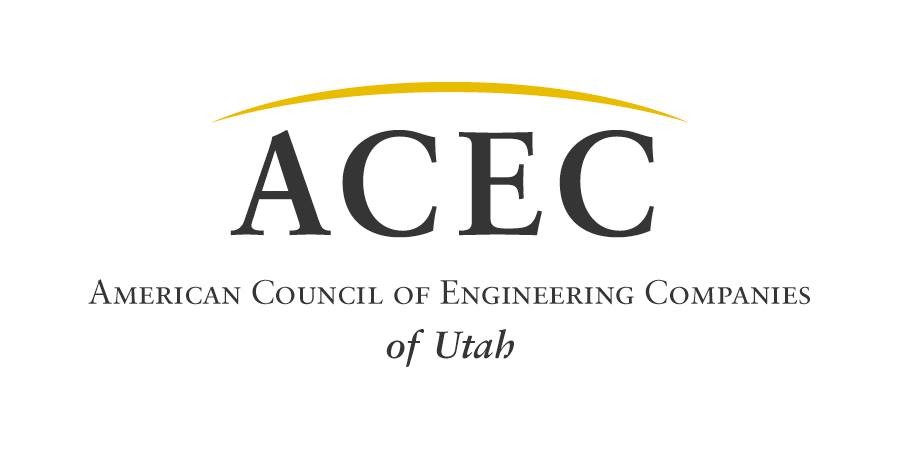3 skills engineers should brush up on in 2021
2021 has been an unusual year due to the economy still recovering from the COVID-19 crisis. Companies are making a full transition into the digital age and are expecting employees to stay competitive by learning new skills while working remotely.
While career growth may have felt stagnant in 2020, there are many new job opportunities on the horizon for new and experienced engineers alike. If you’re preparing for interviews or an upcoming networking event, here are 3 skills to brush upon.
 1. Technical knowledge
1. Technical knowledge
Having robust technical knowledge is difficult, especially as we age in the workforce and get further away from our college years. If you want to have the latest technical knowledge, you must attend the latest seminars and events to learn new skills.
At ACEC Utah, we recommend attending at least one or two events per month to make the most of your membership. Don’t be afraid to think outside the box when it comes to expanding your skills. For example, the use of artificial intelligence is becoming increasingly common. Taking a course on AI in engineering or construction can make you more marketable to employers.
2. Exceptional communication skills
Although hard skills are essential for any engineering position, soft skills matter too. That’s especially true if you’re interested in a leadership position. The right leader knows how to unite a team, support team members in their ongoing projects, and speaks clearly when presenting to a large audience. If your soft skills need a bit of brushing up due to a year of isolation, we suggest taking a public speaking course or practicing with a group of colleagues.
3. Innovation speaks volumes
The best leaders in the engineering industry are innovators. If you’re preparing to make the jump to a new position, it’s important to explain how you made processes better at your previous job. When you’re a leader and an innovator, nothing can stop you from achieving your goals. If you want to learn more about innovation in the industry, we suggest shadowing one of your mentors or reading the latest industry case studies.
We hope these tips help and prepare you for the next step in your career, whatever it may be. As you do, keep us informed of your progress. Who knows, a year from now, you might even have a project to submit to the Engineering in Excellence Awards. Good luck and see you soon!






